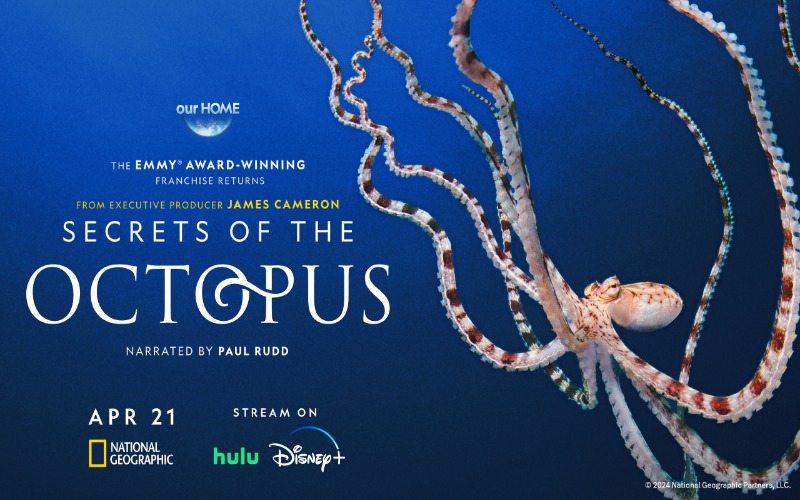
As we celebrate Earth Day 2024, Innovation & Tech Today takes a moment to acknowledge the impact technology has on earth science. National Geographic’s latest series, Secrets of the Octopus, serves as a testament to the remarkable innovations at play.
Dr. Alex Schnell is a key figure in the upcoming Nat Geo documentary series. Her academic research and past project collaborations make Dr. Schnell the perfect person to shed some light on marine animal intelligence and the intricacies of octopus cognition, empathy, and compassion.
Innovation & Tech Today spoke with Dr. Schnell prior to the release of Secrets of the Octopus to discuss recent innovations that have made significant headway in marine biology, tech’s role in driving positive change during Earth Day celebrations, and more.
Innovation & Tech Today: Can you give us an example of an innovation that has significantly advanced our understanding of marine biology in recent years?
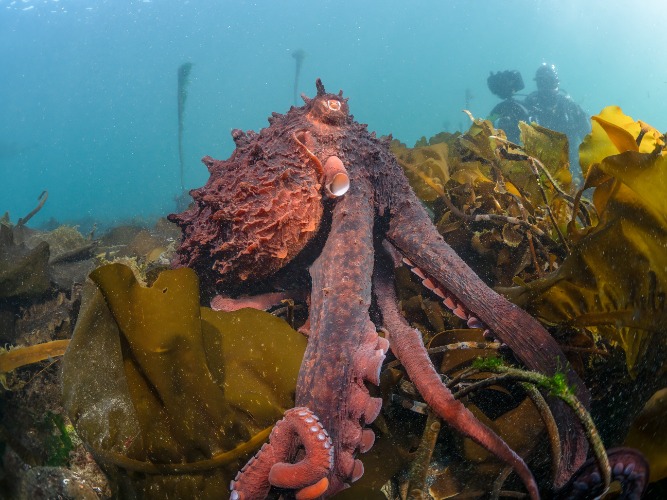
Dr. Alex Schnell: A significant tool that has advanced our understanding of marine biology is electronic tags. These tags track the movements of marine animals, revealing data about their migration patterns, feeding behaviors, and energy usage. Additionally, underwater “critter cams” mounted on animals provide direct visual insights into their underwater behaviors and environments, enhancing our understanding of their daily lives and interactions.
I&T Today: As we celebrate Earth Day, what role does tech play in driving positive change?
Dr. Schnell: As we reflect on our relationship with the planet, technology plays a crucial role in driving positive changes for marine ecosystems through several avenues.
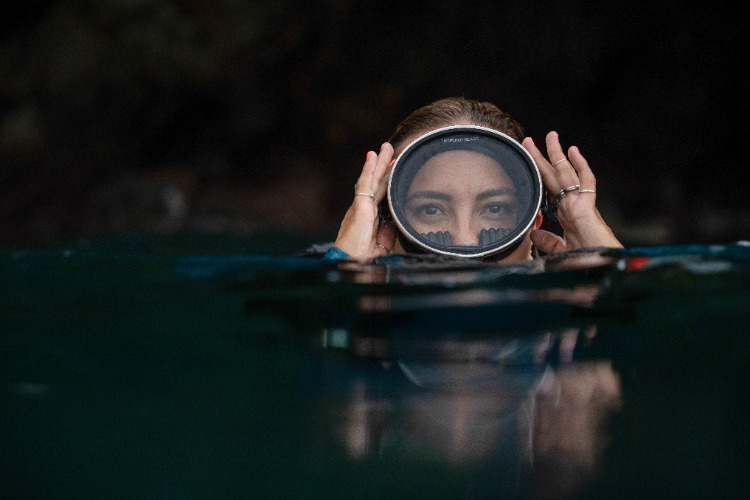
(i) Monitoring and data analysis: Technologies like satellites and AI can help monitor and analyze marine environments, aiding in conservation efforts and management of resources.
(ii) Pollution control: Innovative tools, including AI-utilising machine learning and satellite imagery, to detect plastic debris in the ocean and assist targeted clean-up efforts.
(iii) Sustainable practices: Tech like blockchain enhances traceability in the seafood supply chain, promoting sustainable fishing.
(iv) Public engagement: Digital platforms and virtual reality increase public awareness and involvement in marine conservation.
I&T Today: What’s the most surprising thing people might learn about octopuses from Secrets of the Octopus?
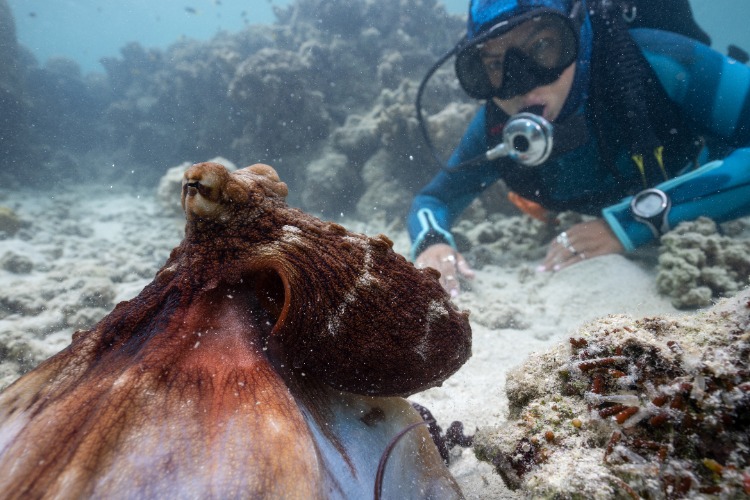
Dr. Schnell: Octopuses are creatures so bizarre. They could star in their sci-fi series – with bodies devoid of bones, three hearts that pump blue blood, and skin that shifts shape and color at their whim. Yet, within this framework of strangeness, they showcase a brilliance in problem-solving and memory that beckons us to rethink the nature of intelligence.
I&T Today: How can everyday technology, like social media or other apps, help spread awareness about marine conservation?
Dr. Schnell: Everyday technology, particularly social media, plays a pivotal role in spreading awareness about marine conservation. Platforms like Facebook, Instagram, Twitter, and YouTube allow organizations, researchers, and enthusiasts to share information, images, and videos highlighting the beauty and complexity of marine life and the threats it faces. This widespread sharing can inspire a global audience to take interest and action in conservation efforts.
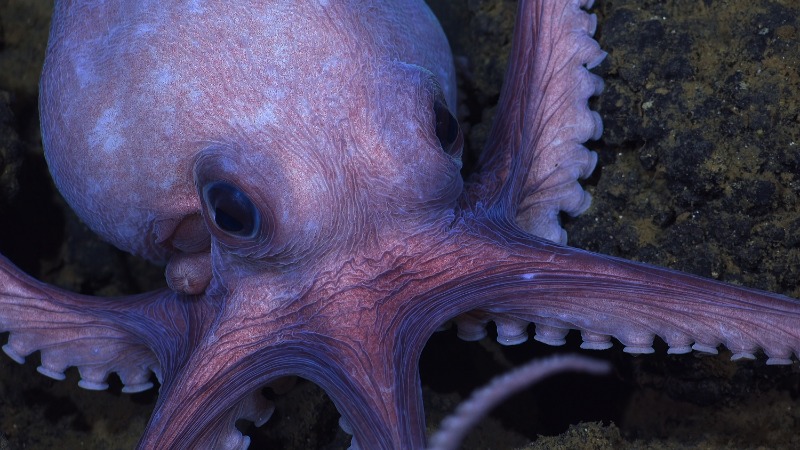
An excellent example is Octonation, the world’s largest octopus fan club with over one million subscribers. Through its social media presence, Octonation engages a broad audience by sharing fascinating facts, captivating photos, and videos of octopuses. By educating people about the intelligence and behaviors of octopuses, Octonation helps foster a deeper appreciation and concern for these incredible creatures. This heightened awareness and connection can motivate individuals to support or initiate conservation efforts.
I&T Today: Looking ahead, what are your hopes for the future of technology in marine biology research and storytelling?
Dr. Schnell: Looking ahead, the potential for future technology in marine biology research and storytelling is incredibly exciting. Honestly, the field is evolving so rapidly that it’s hard to predict exactly what tools we might develop next.

I am continually amazed by the innovative technologies we currently utilize. For instance, I’m part of a team supported by the Nat Geo Society, where we are developing a robotic fish that mimics the coral trout. This robot will be designed to help us study the collaborative hunting behavior between octopuses and coral trout. By integrating such technology, we gain precise control over one of the hunting partners, allowing us to gather detailed insights into these interactions without the complexity of analyzing two live animal subjects.
This level of detail could revolutionize our understanding of collaborative relationships in the marine world and enhance our storytelling abilities by providing clearer and more comprehensive narratives.
Catch Secrets of the Octopus on April 21st at 8/7c on National Geographic. All episodes stream April 22nd on Disney+.


